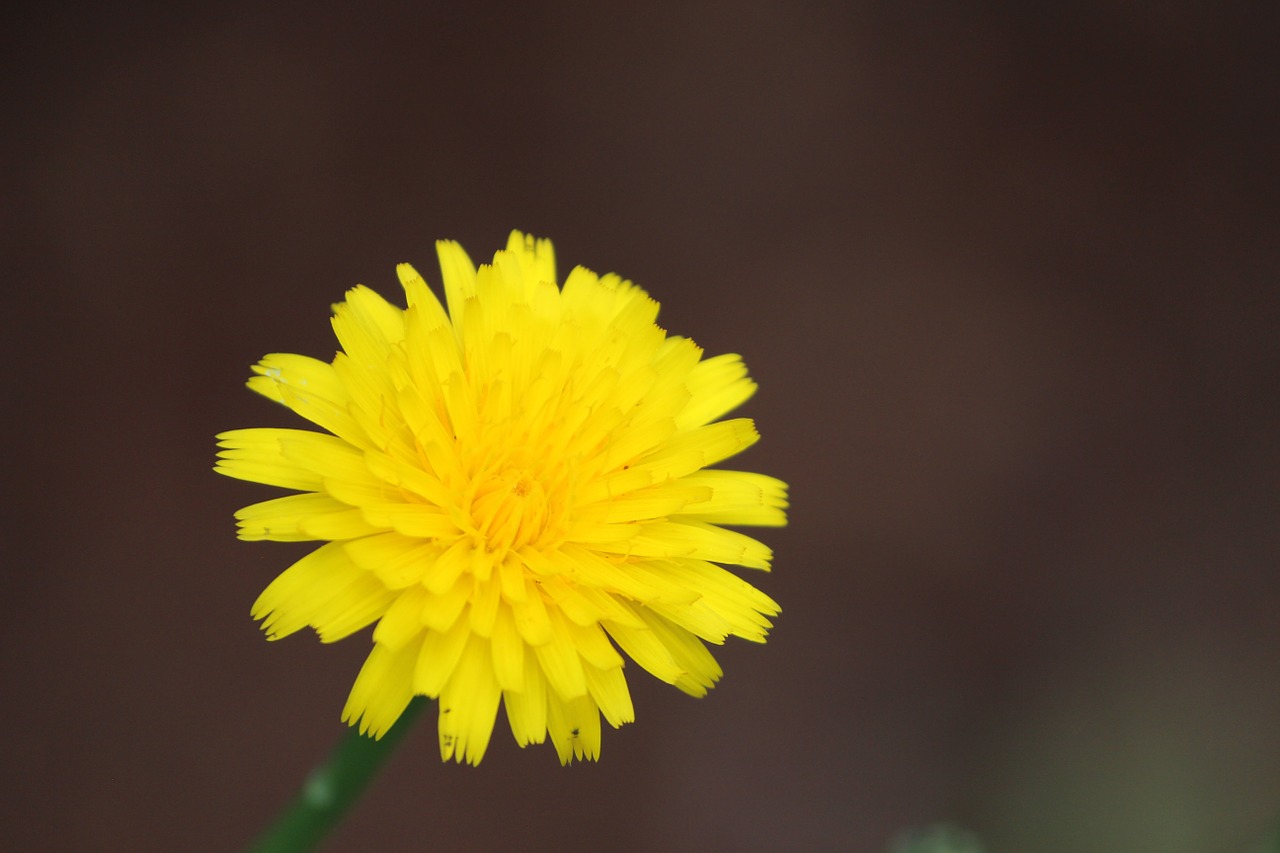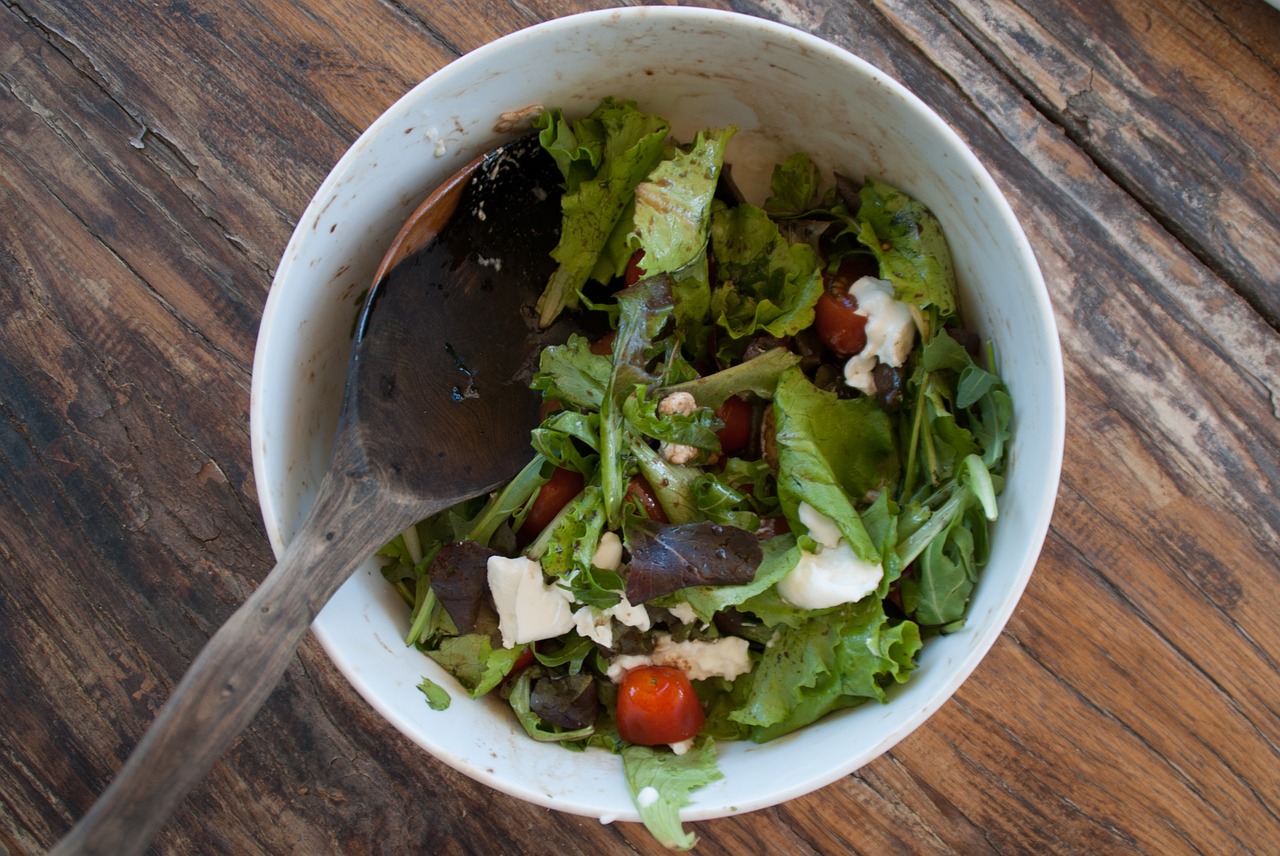
After the snows begin to melt, one of the first signs of spring many of us notice is sunny, yellow dandelion flowers dotting lawns and gardens. Dandelions are enjoying a modest return to popularity after many years of being maligned as nothing more than a troublesome weed, and there are many good reasons for this!
Besides being an important source of nectar for bees, dandelion plants are wonderful herbal allies. They are plentiful and an easily gathered wild food, and they are remarkably good for your liver!
Dandelion greens are surprisingly nutritious. High in Vitamin A and Vitamin C, they also contain the micronutrient choline. Your body produces some choline, but choline in foods helps supplement what your body makes and supports healthy liver function by influencing several liver processes, including the circulation of bile and the metabolism of fats. (Corbin and Zeisel, 2013).
If you are interested in learning how to harvest and cook this nutritious springtime herb, here are a few helpful things to know.
WE RECOMMEND THE VIDEO: Lupin Pharma share price analysis & share latest news today l Best Pharma stock to buy
Open demat account : #lupinshare #lupinstock #lupinnews #aniketchoudhari #technicalanalysis This video performs a ...

Harvesting
Dandelion is usually very easy to find. There are only a few other weeds that look similar to dandelion, but you should always use a good field guide or two to double check your identification skills. If you have a garden, look there first, you might find this herb volunteering where you least want it. That’s ok, pull it out and eat it!
If you don’t find dandelion in your garden and need to go further afield, make sure that the area where you are harvesting is in a location where you don’t have to worry about potential pollutants like chemicals applied to lawns, runoff from a roof dripline, or the smog that settles on plants that grow along busy roadways.
If you can’t forage, you may be able to find fresh dandelion greens at a farmer’s market or international grocery store, or start dandelions from seed in a decorative pot on the patio or porch.
When you harvest or select your greens, know that smaller usually means less bitter, especially early in the season. Frequently-mowed dandelions in the lawn will stay small, but may get increasingly bitter as the weather warms up.
Take a nibble to assess the level of bitterness of your greens. If it is pleasantly bitter, you can enjoy them as a steamed or sauteed green, or as an addition to salads. Leaves with a more pronounced bitterness may be at their best after boiling in a change or two of water and using as a cooked green or adding to hummus or dips. Here are a few ways to cook with dandelion greens.

How To Use Dandelion Greens For A Healthy Liver
Use in a Salad
If you have access to mild, young dandelion greens, you might enjoy adding them to a salad. Harvest a handful of small leaves in early spring. Wash and dry your harvest in a salad spinner, then add to your favorite salad blend. Top with a flavorful vinaigrette, and maybe even some ripe strawberries and pine nuts for extra flavor and crunch.
Saute with Olive Oil and Garlic
For young leaves with a mild taste, a simple saute with a little olive oil and some freshly chopped garlic is another nice way to enjoy dandelion. Serve as a side with lunch or dinner to add a liver friendly boost to your meal.
Andouille Southern Greens
For slightly older greens, you can boil them in a change or two of water. Once some of the bitterness is under control, drain the greens and set aside. Slice an andouille sausage into small cubes, and brown them in a cast iron skillet. Add the dandelion greens to the skillet and toss with the sausage until the greens are warmed. Serve with a side of wild rice.
Use Like Spinach
You can also try substituting dandelion greens wherever you might use spinach. Try them in dips, omelets, soups or stews. Just remember that dandelions will be a little stronger tasting than spinach in most cases, and make sure your dandelions aren’t too bitter to blend well with your recipe.
As a food plant, dandelions are generally very safe for most people. It’s important to note that dandelions are in the asteraceae family, so if you have allergies to plants in this family, dandelion may not be an ideal choice for you.
Dandelion has diuretic properties, so if you are on prescription diuretics you might want to check with your doctor before adding it to your diet.
Have fun exploring different ways to add this wonderful, liver-supporting herb to your diet!
Did you know that dandelion isn’t the only herb that can have a place in your kitchen? Unit 2 of the Online Intermediate Herbal Course, Food Is Medicine, explores this topic fully. After all, as the introduction to the lesson reminds us: “Herbs have been used in cooking for time immemorial, perhaps even as long as humans have been preparing their food. A culture’s cuisine was once shaped entirely by what was available growing nearby, and so traditional food, local herbs, and spices are literally expressions of landscape.”
Visit our course page to learn more about our affordable, online herbal classes.
To learn more about dandelion, you can also read our article Dandelion: The Dandiest Weed of All
How do you use dandelion greens in your diet? Let me know in the comments below!
References:
Corbin, K., Zeisel, S. (2013) Choline Metabolism Provides Novel Insights into Non-alcoholic Fatty Liver Disease and its Progression. Current Opinion in Gastroenterology doi: 10.1097/MOG.0b013e32834e7b4b
Thursday, January 21, 2021